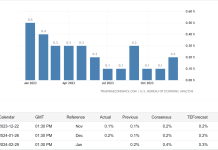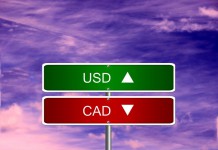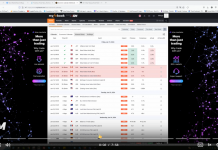Early 2018 theme developing
Monetary policy is a prime driver of currency markets. The dollar had a poor 2017. President Trump will doubtless take some credit for that since he made comments about the advantage being taken of the U.S. by its trading partners by allowing their currencies to weaken. The dollar index has already broken major support at 92.50 trading down to 91.76 although it had recovered a little overnight.
While the divergence in interest rates between the dollar and common currency failed to support the dollar last year it is expected that ye removal of additional stimulus will have a significant effect on the Euro going forward.
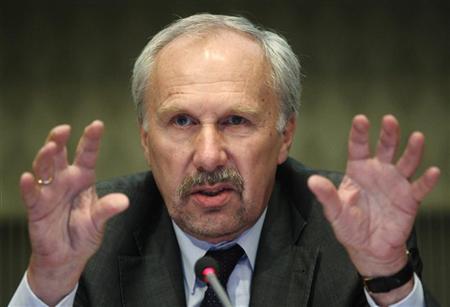
Two ECB officials, Ewald Nowotny the President of the Austrian Central Bank and French economist Benoit Coeure made upbeat comments yesterday about the removal of the Asset Purchase Scheme. Coeur commenting that it could be “gone by September”. This week data releases which sees Eurozone inflation and the employment report in the U.S. released on Friday will go some way to confirming the theme for at least the first month of the New Year. Inflation is expected to have fallen back to 1.3% although there could be an upwards surprise since German inflation is rumoured to have risen from 1.5% to 1.7%.
Brexit talks to start with transition period
It is not certain when the two sides in the Brexit negotiations will meet again but it seems clear that the first item on the agenda will be the length and make-up of the transition period. This will be significant as it will give UK businesses a little understanding of what they will be facing when Brexit finally happens. The manner of the UK capitulation over the conditions necessary for the move to stage two has shown that a Hard Brexit is no longer on the table since the Government is not sufficiently strong to be able to the fallout either from the perspective of Leadership or its support in Parliament.
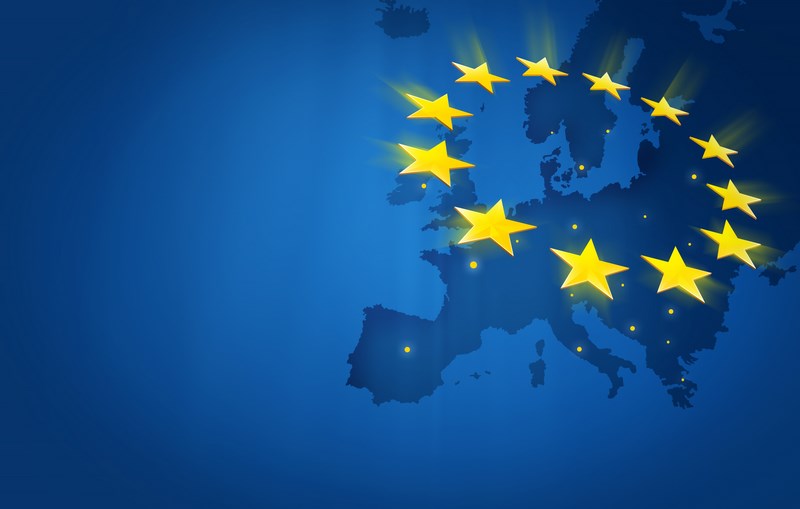 When the transition period is agreed, it seems the next major hurdle, indeed the major stage two battleground will be Financial Services. The UK has made a major concession over the branches of EU bank in the U.K. while the EU continues to play hardball indicating that the UKL will be excluded from the Financial Passport Scheme. This allows banks to operate across the entire region without needing individual licenses. This, according to Michel Barnier will be excluded from any trade deal, much to the announce of David Davis who accused the EU negotiators of “cherry-picking”.
When the transition period is agreed, it seems the next major hurdle, indeed the major stage two battleground will be Financial Services. The UK has made a major concession over the branches of EU bank in the U.K. while the EU continues to play hardball indicating that the UKL will be excluded from the Financial Passport Scheme. This allows banks to operate across the entire region without needing individual licenses. This, according to Michel Barnier will be excluded from any trade deal, much to the announce of David Davis who accused the EU negotiators of “cherry-picking”.
Eurozone politics to rival monetary policy.
Talks begin next week between Angela Merkel and Martin Schulz next week to find common ground on which a Grand Coalition can be formed in Germany as the country remains in limbo following indecisive elections held last September. The German Constitution allows for the previous arrangements to remain in place indefinitely, but Germany is unable to enact new laws while this situation continues.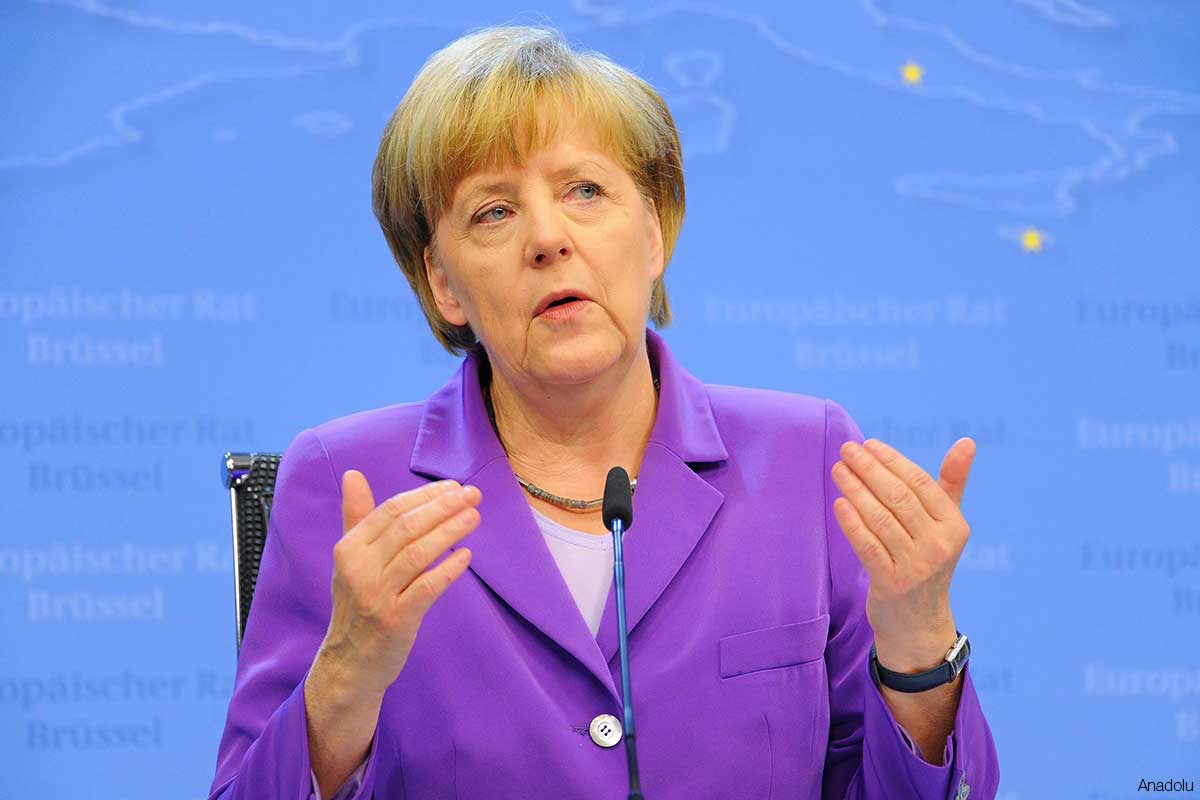
Schulz is far more open to the idea of joining a coalition than his colleagues in the SPD. His credentials as a European mean that he is radically in favour of a “United States of Europe” and has said he would expect to see that in place by 2025. His colleagues in the SPD are more interested in domestic German politics and the formulation of a coalition will require some serious concessions from Mrs Merkel.
The political situation in Germany when added to the Italian election to be held in early March provides a certain headwind to the common currency but as the feeling remains the monetary policy will be tightened; the risks are more balanced.
The Euro looks poised to break higher versus the dollar while Brexit and economic issues will keep the pound on the back foot. The next major resistance of Eur/Usd is at 1.2520 last seen in December 2012.









